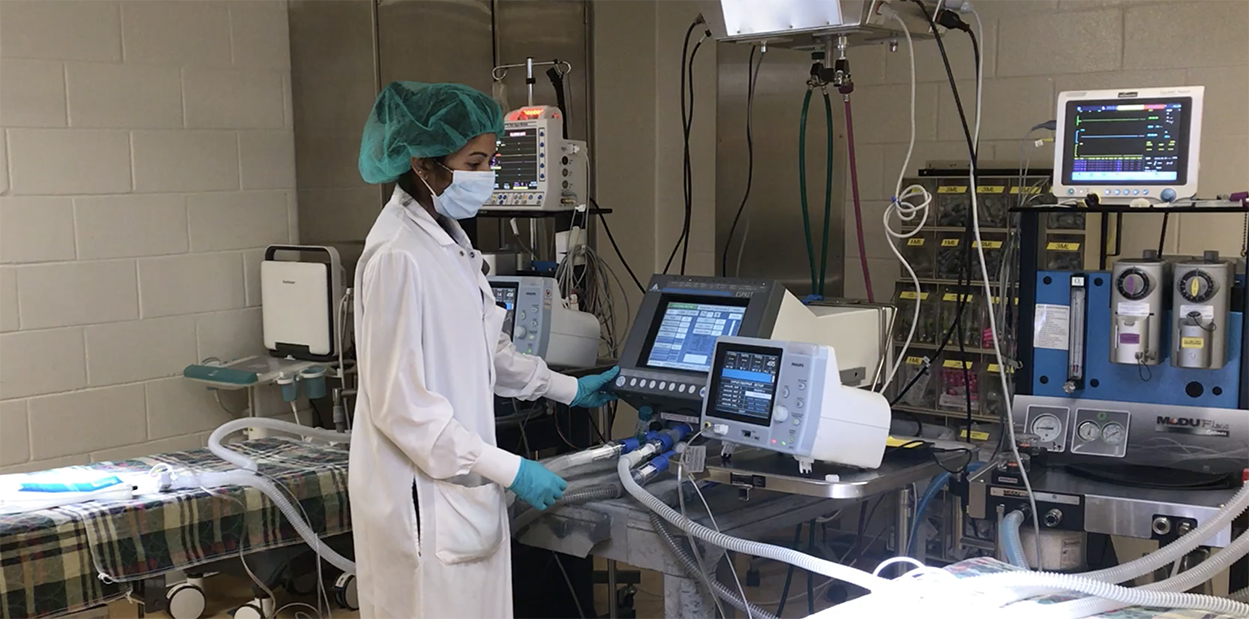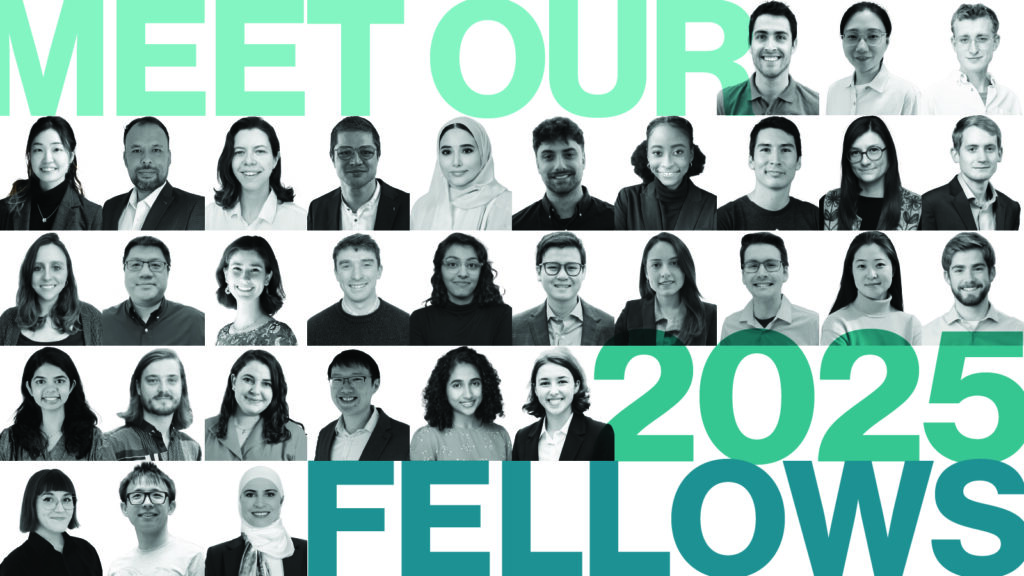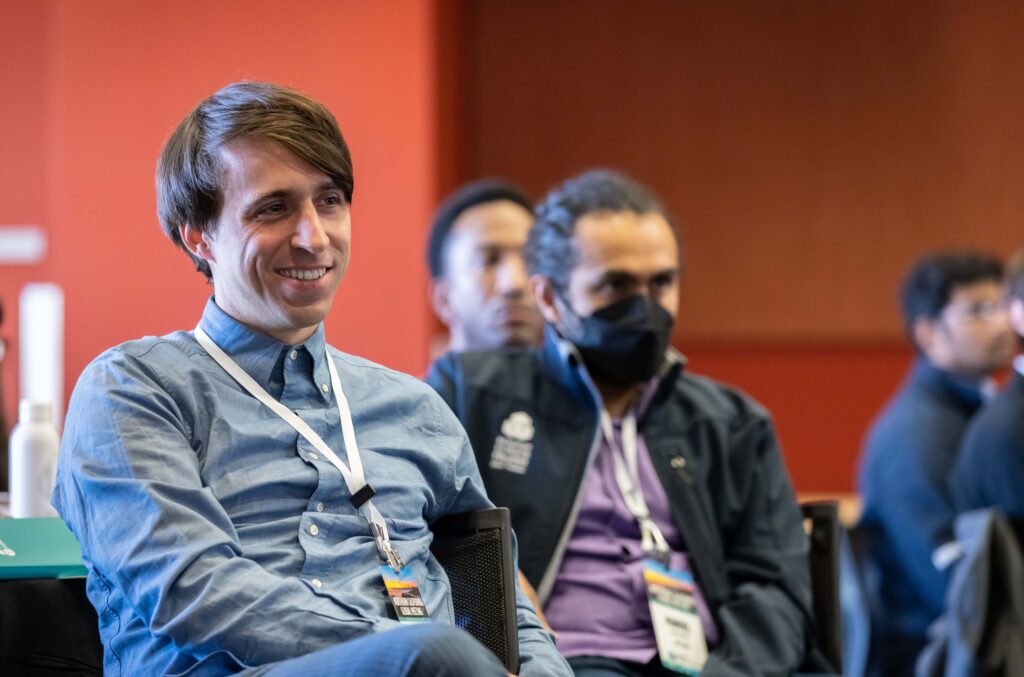Shriya Srinivasan, a recently selected 2020 Schmidt Science Fellow, has been leading work as part of a Boston-area consortium to improve the safe sharing of ventilators for COVID-19 patients. The research, involving scientists and engineers at MIT and Brigham and Women’s Hospital in Boston, has recently been published in Science Translational Medicine.
Shriya has been working on the COVID-19 response project since late-March and before beginning her Schmidt Science Fellows interdisciplinary placement, which she plans to pursue in Prof Robert Langer’s lab at MIT.
The team refers to their design as the Individualized System for Augmenting Ventilator Efficacy (iSAVE), emphasizing the importance of personalized ventilation. The design addresses previous safety concerns associated with the splitting of air tubes into multiple branches to allow one ventilator to support multiple patients. The new system can provide ventilation with differential pressure and volume to each patient. It can also adapt to changes in airflow when patients deteriorate or improve in health. The iSAVE has been tested on numerous ICU ventilators as well as in vivo, ventilating two large animals simultaneously. The system can be assembled in less than 10 minutes with valves commonly found in hospitals and is thereby rapidly deployable.
The team consists of leading biomedical engineers, anesthesiologists, critical care doctors, and representatives from the ventilator industry.

Shriya commented: “While we may be past our first wave of coronavirus here in the United States, many countries across the world, especially in Africa and South America, are desperately searching for such solutions to prepare their hospitals to manage the oncoming waves.”
All the information and data about the iSAVE system is being shared as open source by the team. Shriya is also working through her not-for-profit organization, Project Prana, to deploy iSAVE in countries facing the next wave of COVID-19 infection, working in partnership with local suppliers, manufacturers, distributors, health systems, and NGOs.
When COVID-19 started to spread across the country, with frontline workers putting their lives on the line, I felt that this was the time for biomedical engineers to step up and help with solutions to assist the healthcare system.
“When COVID-19 started to spread across the country, with frontline workers putting their lives on the line, I felt that this was the time for biomedical engineers to step up and help with solutions to assist the healthcare system. I’m grateful to play whatever small role I can. I’m thankful for the Schmidt Science Fellowship, which has given me the space, time, and intellectual freedom to embark on this project before I begin my Fellowship Placement,” says Shriya. “The iSAVE is a solution that can be readily implemented in hospitals across the globe with minimal demands on the currently-fragmented supply chain and distribution channels.” The system can be assembled in less than 10 minutes with valves commonly found in hospitals and is thereby rapidly deployable.
The team is actively seeking partnerships with companies, NGO, and funders to scale their solution and enable implementation globally.
Read more about this research here:



